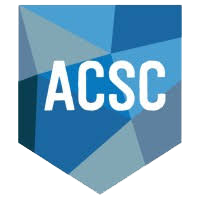An Overview of the Top 4 SD-WAN Solutions
SD-WAN (Software-Defined Wide Area Network) is about recognizing the importance of the entire forest that is your network. It is about ensuring that all of your sites enjoy the same level of performance, automation, load optimization, and security that your central operations office does. This is the pretext for SD-WAN. SD-WAN is about applying software defined technology to your WAN connections regardless of distance and complexity. The goal is to optimize the experience of all of your users, regardless of enterprise location. This blog outlines four of the leading SD-WAN solutions in the market today.


















